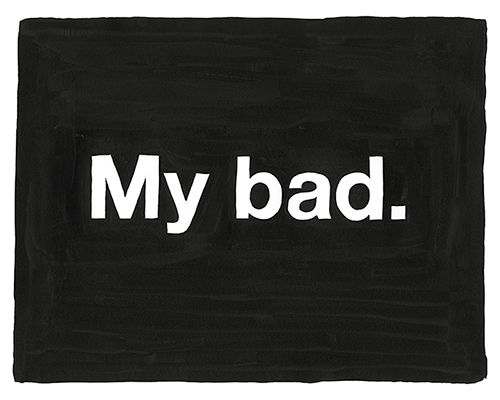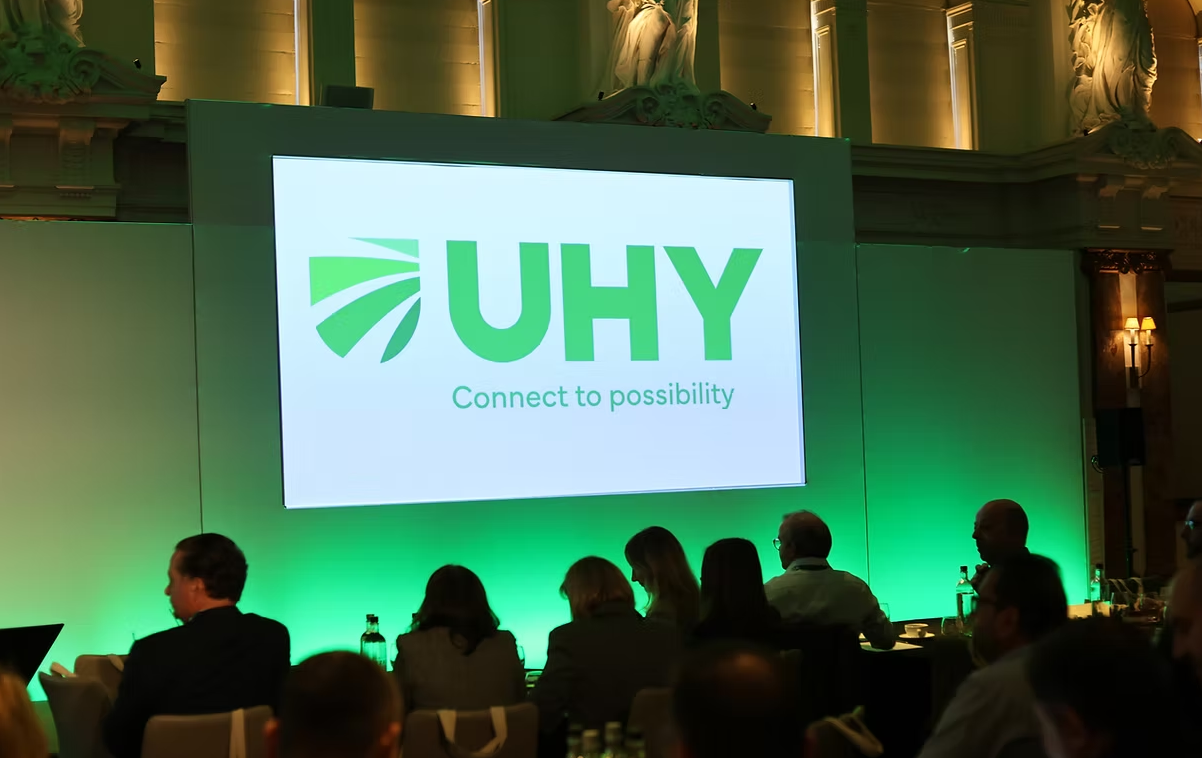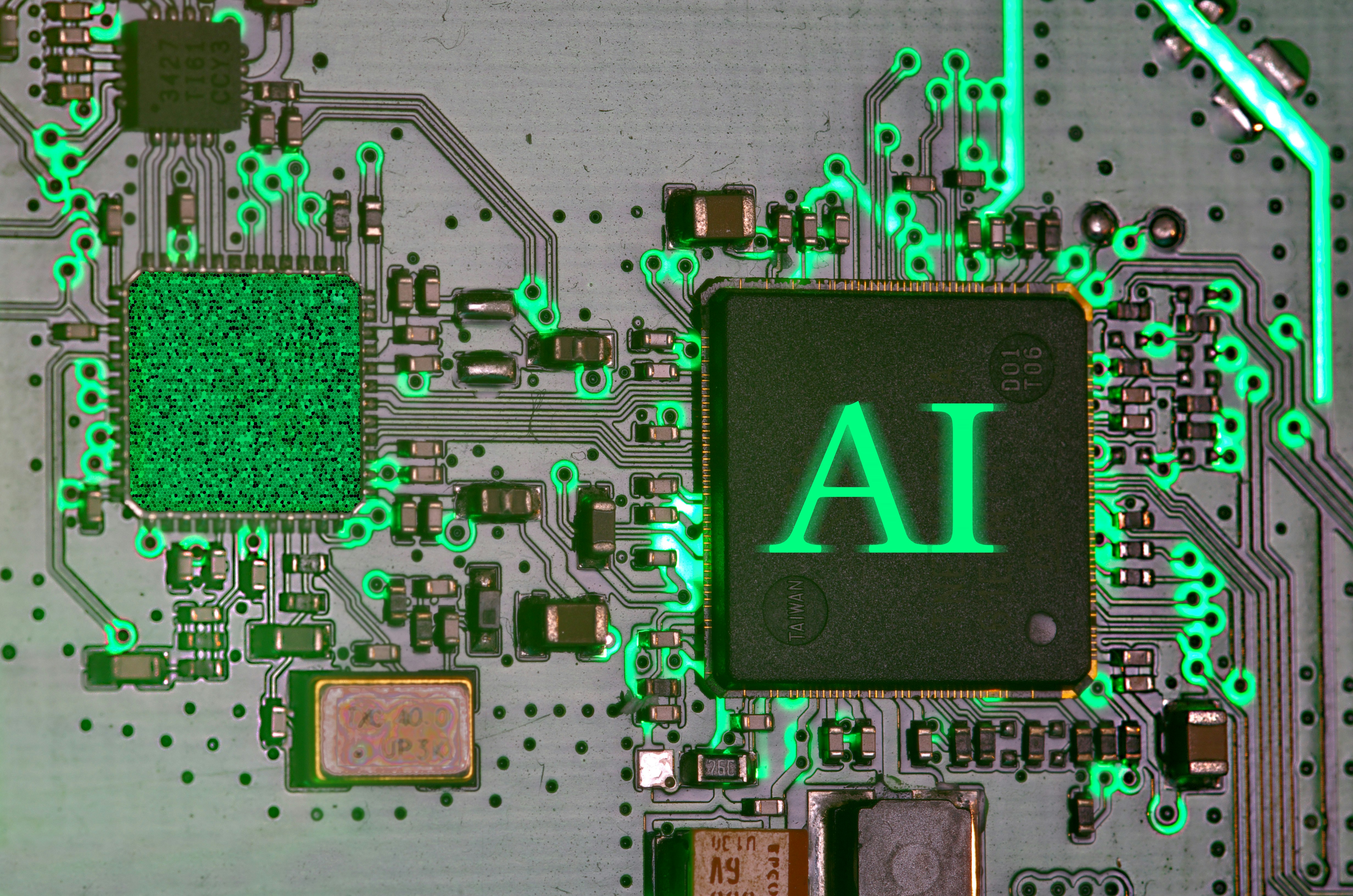How many times (or maybe I should ask, How many times a day…) does your computer or your phone autocorrect your typing to something that is troublesome, embarrassing, confusing, hilarious, incomprehensible, or maybe even all of those at once? As an editor, I feel like I should be extra diligent about rereading anything I type before I hit that Send or Publish button. And yet… I still get into autocorrect trouble on a regular basis.
Anyone can make mistakes, and pretty much everyone does. But we had a fighting chance before email and smart phones. In the good old days an office assistant typed documents and memos, and then they were read over once or twice before they got signed and stamped and went in the mailbox. In lieu of texting, we relied on phone calls and talking to people, so the crazy misspelling mistakes that happen today in rapid-fire texting didn’t have a chance to creep into our conversations.
That’s not to say mistakes weren’t made, and, actually, when we did make a mistake, we really didn’t have anyone to blame but ourselves. Today, we can blame autocorrect, and so, in a way, autocorrect is our friend. Who hasn’t pointed a finger at autocorrect when in fact we ourselves made the mistake? “Oh, autocorrect must have done that – I would never have misspelled your name myself!”
Today it’s on us to make sure our communications are clear and correct before we send them on their way to recipients. Which brings me to the issue of dealing with mistakes in general. Frequently people make mistakes and then try to cover up the problem (I can think of some politicians…). When we engage in a Watergate-style coverup, we hope we can get away with the mistake, we won’t get caught, we worry about the consequences, how it might impact our job, our client relationships, our role in our workplace. Sometimes it seems easier to point fingers or to make excuses, blaming autocorrect or someone/something else.
Maybe it’s because I’m taking pain meds today to combat this morning’s tooth extraction (so sad, I’ll miss that tooth – we’ve been together for a long time), but I think it makes sense to take the medicine, accept the blame, admit your errors. For one thing, you relieve yourself of the guilt when you are no longer carrying around the baggage of trying to remember who you told what about the problem. Face your problem, and then it starts to go away. Once you own the problem, you can start working on a solution. Hide from the problem, and then not only do you have to continue the charade of deflecting blame, but it’s more difficult to own the solution, because you’re trying to solve a problem that you’re claiming isn’t yours in the first place. It gets complicated, and you can unravel that complication by just saying, yes, I did this.
Maybe this problem is going to cost you your job. Maybe you’ll lose a client or a friend. But your honesty will serve you better than hiding behind your guilt. A fresh start with a clear conscience will feel better than the mask of insincerity.
Thanks for reading CPA Practice Advisor!
Subscribe Already registered? Log In
Need more information? Read the FAQs




